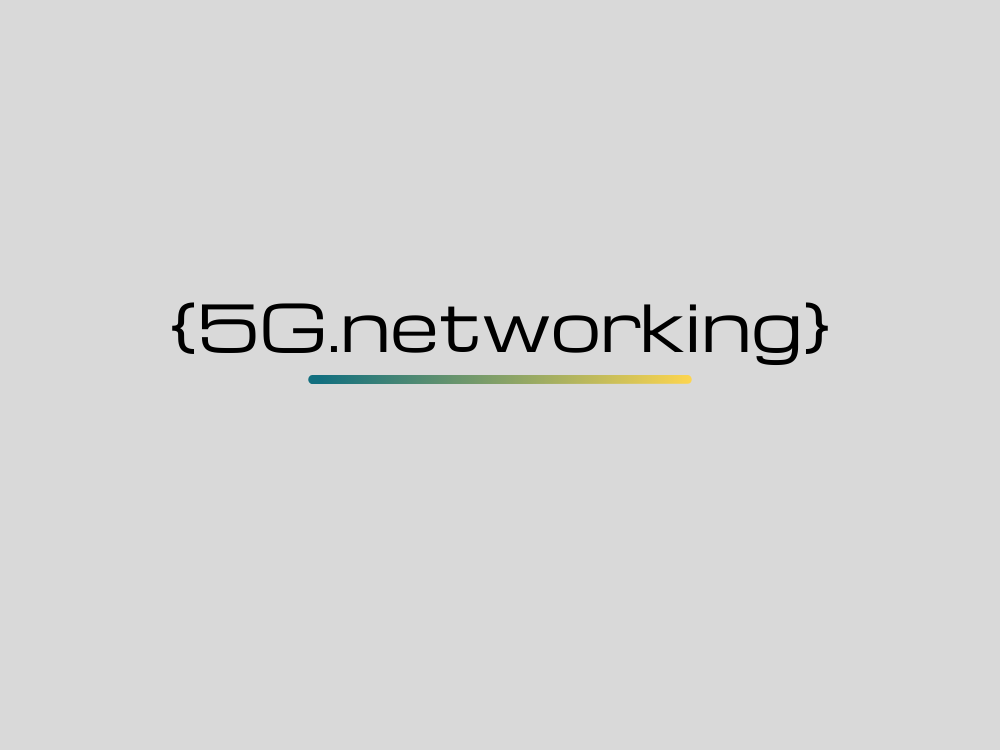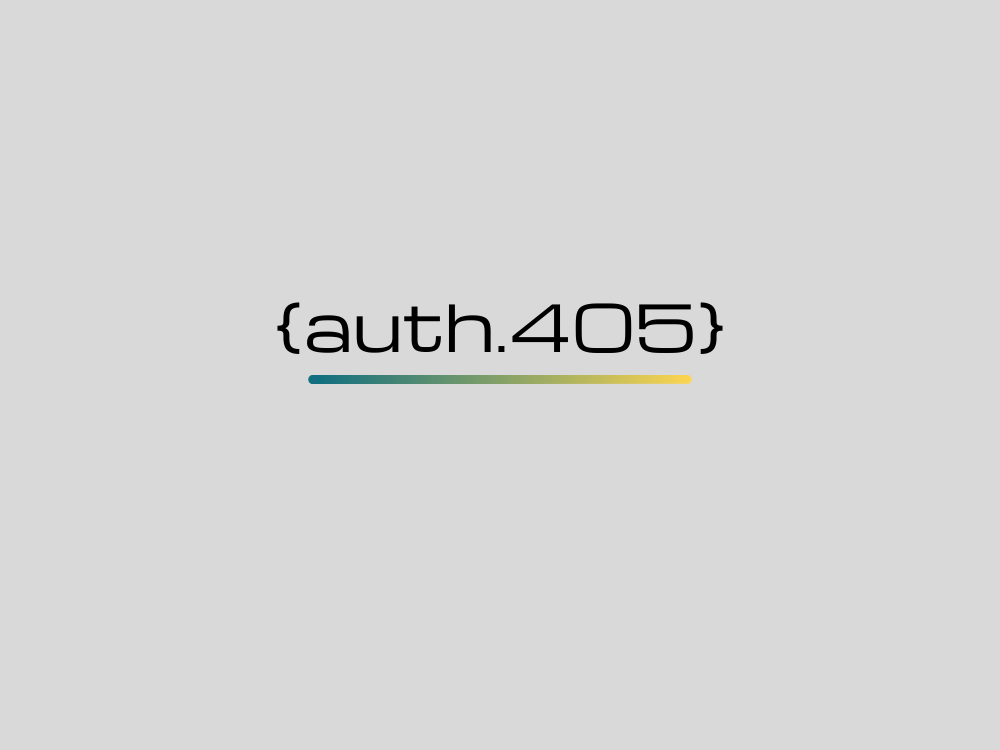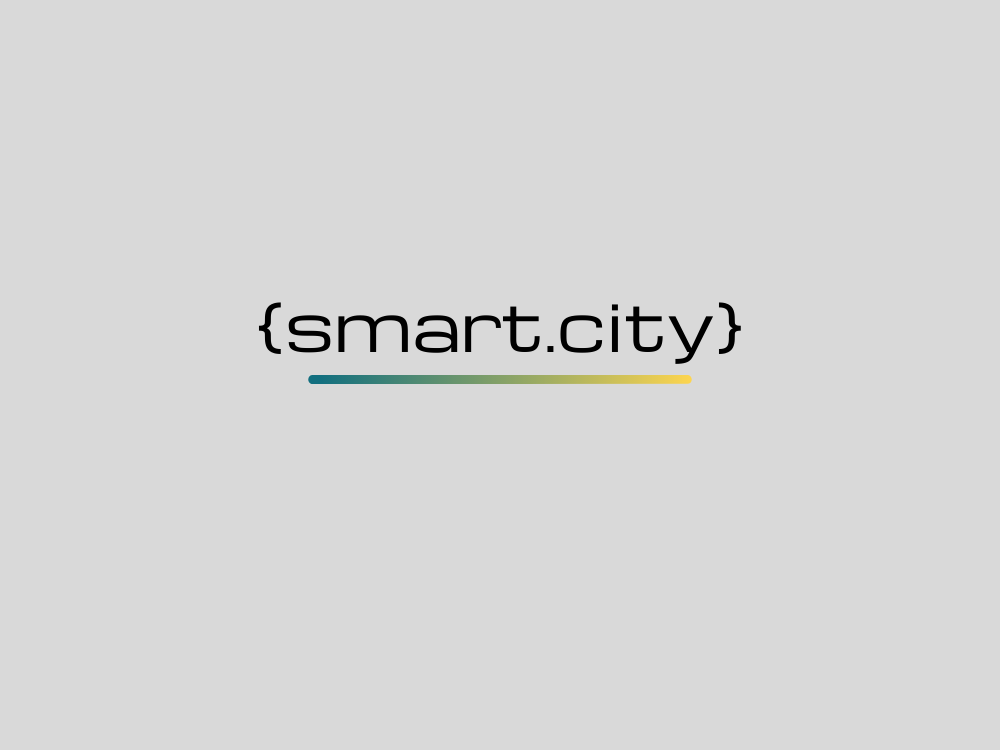Will 5G change our way of designing software?
5G is something already present in our day-to-day life and it will become more soon. It is going to change the way we interact with the Internet and share content. Before that, many speculations about 5G were formed around all the advantages of this new technology, but first we need to understand why do we need something new if everything is fine and we already have many softwares and companies doing a great job with real-time streaming?





